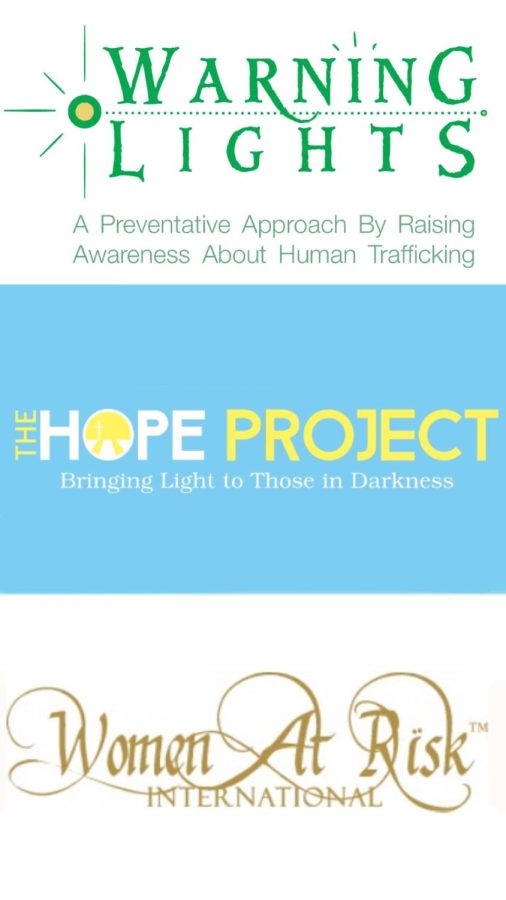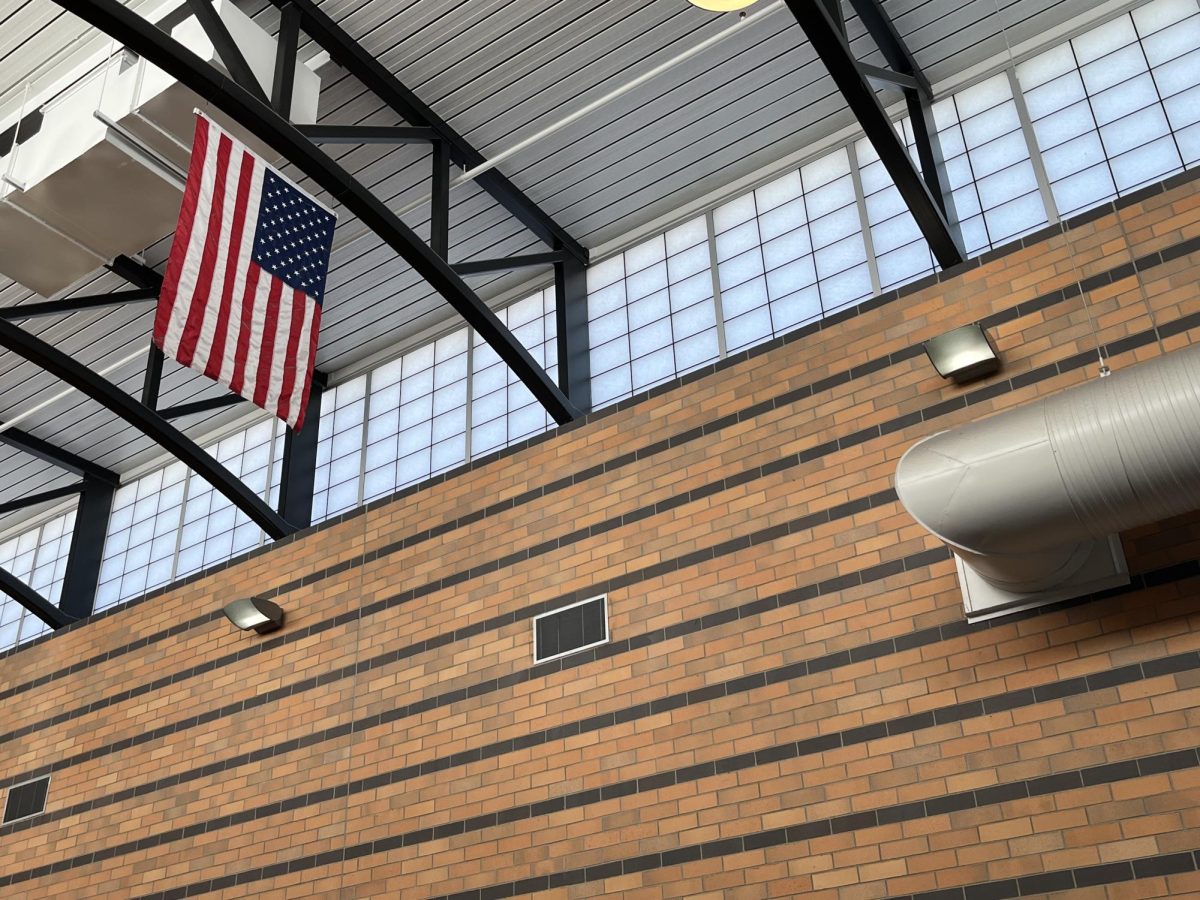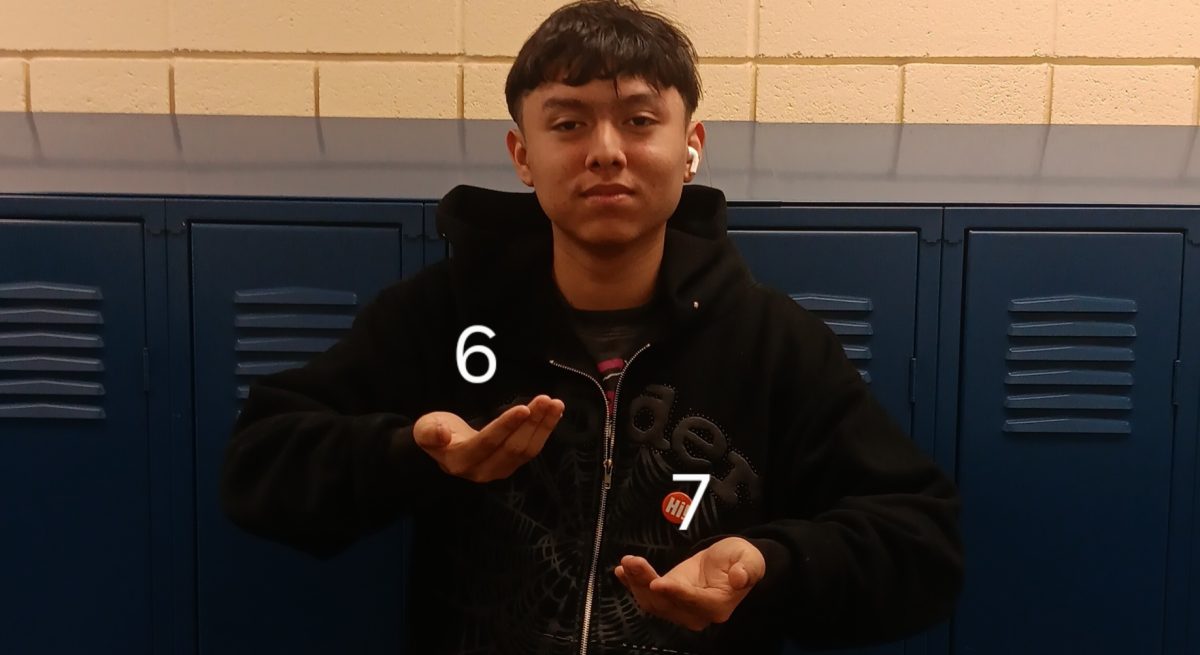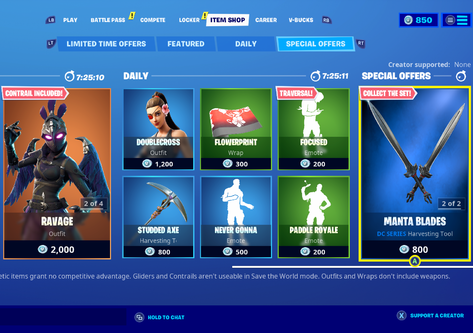West Michigan lacks awareness of sex trafficking resources
March 15, 2023
After publishing my last article, my inbox flooded with resources and contact information. The overwhelming amount of support I received from the West side was surprising. Members of the community helped find what I had been looking for. I sighed with both relief and annoyance. There are sex trafficking resources in West Michigan, they are just hard to find.
The Backstory
I wrote an article in January sharing my sexual harassment story. I was approached by a man in a local CVS. He proceeded to say inappropriate things about my legs while knowing I was a sophomore in high school, and he tried to lure me through a back door. After further investigation, I was informed that I was almost a victim of sex trafficking.
When I wrote my article about my experience, I wanted to find local resources in Ottawa County and West Michigan. I could not find any resources or organizations with contact information or up to date information that could be helpful for victims. I saw a problem and knew my community needed to step up.
After publishing my piece, I found more resources and got feedback from others in my community. I reported that there is a lack of resources and information on sex trafficking in West Michigan; actually, there are local organizations that do their best to help.
Warning Lights
Warning Lights is a 501C3 non-profit organization located in Byron Center. This year they are celebrating their tenth year anniversary. Their mission is to educate people not only in West Michigan but across the nation on sex trafficking. They focus on preventive education for human trafficking. Their founder, Jenn Amo, said, “We are an organization who takes a preventive approach about raising awareness of human trafficking,” and “[human trafficking] is the second fastest growing organized crime in America today. Over half of the victims are minors and people don’t want to talk about it.”
The organization has three programs to educate people about sex trafficking. Amo said, “I have a strong desire to protect through education and talk straight up, without candy coating anything.” Her passion helped her create unique curriculum and programs. There are options for kids, teens, and adults. Each program is catered and developed to deliver the information appropriate for each age group and setting.
The organization has a unique approach. “I was one of the first ones to have curriculum and training for kids, teens, and college students,” Amo said. This is extremely important, and her programs have benefited many. Amo shares the frustration I have when it comes to finding resources that educate minors on Human Trafficking. There is a lack of resources to prevent crimes like these from happening.
Rylee, a client of Warning Lights and college student, said, “Warning Lights gave me hope and a foundation to start healing and growing out of my situation. It was the consequential step that impacted me back into a healthy lifestyle. Even after my initial time with Warning Lights, they have continued to keep the door open to me with any questions, concerns, and even volunteer opportunities.”
Women At Risk
Woman at Risk (WAR) is a 501C3 non-profit organization that provides circles of protection for those who are at-risk of sex trafficking or have been rescued from trafficking. Their headquarters are in Wyoming, Michigan, but they have an impact on areas far beyond. Shelley Marinus, a WAR staff member, said, “We participate with programs in 59 countries including the US.”
Another great part of the organization is its willingness to help the survivors get back on their feet. Marunus said, “We purchase and sell products that are handmade by survivors and at-risk women and men. The items that we sell are all free trade/fair trade. This ensures safe, healthy working conditions and a good wage.”
WAR’s website had a plethora of information about sex trafficking, how to get involved, and how to donate. Most importantly the website shares information about the programs that they offer. This includes vocational training, medical aid, and safehouses. There are many more programs the organization provides to help survivors and those at risk.
Marinus said “Sex Traffickers do not discriminate. They will seek those who are vulnerable. They will groom and then coerce individuals to participate in illegal activities against their will. Trafficking often starts with an online relationship.”
Hope Project
Hope Project was established four years ago as an outreach program. The 501C3 nonprofit organization is located in Muskegon, Michigan. Rita Caviness, Director of Client Services/Mentor Program Coordinator, and Life Recovery Coach said, “We support female survivors of sex trafficking and youth that are vulnerable to sex trafficking with mentoring ,education, and counseling. We are proud to say that because of more awareness and training we have served over 140 clients. We started serving in Muskegon County, but now serve West Michigan.”
The organization learned more about the issues and decided they want to do something about it. They saw the lack of resources and information and decided they would be the ones to provide necessary information. One of their recent projects has been creating a housing program. Caviness said, “In January 2023 we started and opened our first housing program for adult female survivors of sex trafficking. We plan to open our youth home before Christmas 2023 which will serve victims of sex trafficking ages 11-17.”
The organization provides many services to survivors that reach out. They currently have a mentor and mentee program for survivors that have been extremely beneficial. On their website, a survivor said, “I don’t know if I would be alive today if it wasn’t for The Hope Project.”
The organization strives to make sure people know trafficking doesn’t always occur where you expect it. Their website includes information resources and tool kits about the problem of sex trafficking in Michigan. Caviness said “This topic is still sometimes difficult to talk about for people. I suggest that to get more informed, people can check out our website or an agency in your community for training on awareness. Being informed and aware of exactly what sex trafficking looks like is the key.”
Mixed feelings About The National Trafficking Organization/Hotline
In my personal experience, the National Trafficking Hotline has not been an easy and accessible organization to connect with. In my original article, I shared that I had been on hold on the hotline for 40 minutes, and I was never connected with someone. This could be a staffing or access to resources issue. The organization prides itself on being an accessible resource, but is it really?
Sex trafficking should be treated with urgency, and many do not know that is what happens once a call is made to the National Trafficking Hotline. Jenn Amo said, “I switched most of my recommendations to calling the homeland security tip line to report human trafficking as opposed to the human trafficking hotline.”
Having a resource that people can connect with quickly is imperative in times of crisis. Unfortunately, that is something the National Hotline/Organization lacks. People are forced to find other organizations and people do not always know where to look for those.
Regardless of the organization’s hotline struggle, the organization has been able to accomplish great things to impact local communities. Joyce Hornhurst has been involved in ministry programs that combat sex trafficking for over 35 years, more recently in Indiana.
Hornhurst said “I think the National Sex Trafficking hotline is a valid organization. When we hosted the Super Bowl in Indianapolis, I volunteered with Teresa Flores for the S.O.A.P Project. We went to various vendors, hotel managers, restaurant owners and taught them about the reality of human sex-trafficking. We encouraged them to place a free bar of soap. Labels with key questions of trafficking and the hotline phone number are written on the bars.”
When it comes to statewide data, The Polaris Project Organization is helpful. Marinus said, “The Polaris Project collects data for each state in the country on trafficking. They operate the National Human Trafficking Hotline as well. The data identifies progress over time as well as areas of need for each state.” Without information like this from The Polaris Project, our nation would be lost. We need the knowledge of the problem in order to fix it.
Americans and Especially West Michiganders, WAKE UP
Amo said, “The reasoning is because Americans, Michiganders, especially West Siders don’t want to believe that this is something that happens here. They don’t think its a possible reality. So, they don’t think there is a need for that (resources).”
I can attest to this. Living in West Michigan, I have seen important issues be ignored and swept under the rug. Our community is portrayed as a peaceful and united area, but is far from that. The community yearns for perfection and will do anything to achieve it, even if that means ignoring the ugly truth they are faced with. If people aren’t striving for perfectionism, they simply do not care nor want to solve the problems that our community faces.
Amo then shares a struggle she faces trying to get her curriculum into local schools. “It is hard because a lot of people do not see the need for education although its crucial to keep many safe. The services that Warning Lights provide could help prevent many minors from being groomed and falling for traps that traffickers often use.”
We Deserve Better
While I am thankful that I have been able to find these resources and information, its clear that solving the problem of sex trafficking in West Michigan is lacking initiative for sharing resources to prevent trafficking and give critical information for survivors.
Finding information is hard and there is not one place where someone can go to find information. It should not take publishing a journalistic piece, asking strangers for information, and countless hours of research to find these organizations and resources. Information about Human Trafficking resources in your community should be readily available and easy to find. This is not the case in West Michigan.
Our local leaders, whether or not they have government authority, need to come together and solve this problem. We need action and urgency to initiate more awareness for sex trafficking in West Michigan.





